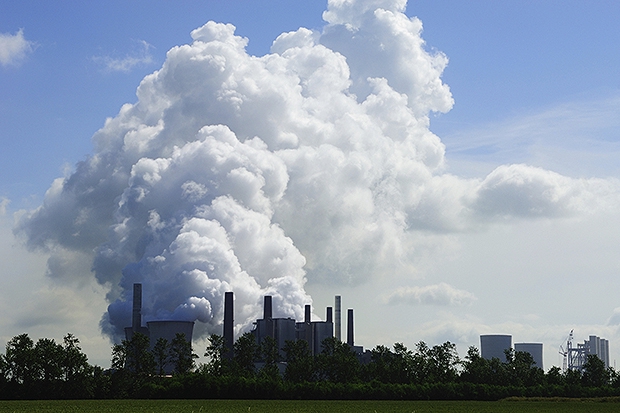No radical reforms necessary but more market transparency beneficial / Limit price increase and enable use of coal instead of gas urgent in these difficult times
Today the EU Agency for European Securities and Markets Authority (ESMA) has published its in-depth analysis of the EU carbon market. “The report shows that radical reforms of market mechanisms in the ETS are not necessary,” said Peter Liese, Rapporteur of the reform of the EU ETS. “It is important to let the market work and also to enable companies, especially SMEs, to get help from financial actors to manage their obligations. In any case, however, it is important to even increase transparency to avoid manipulation and to limit speculation”, said Liese. ESMA has found no current major deficiencies in the functioning of the ETS market, it says in its final report published on Monday. However, it said that the share of investment funds and high frequency and algorithmic trading mainly from companies from the U.K. and the U.S. have significantly increased. Moreover, it added that investment funds and other non-financial sector firms have also trade options to a larger extent and ESMA has faced significant challenges trying to identify the origin of the market participants. “All these findings require no radical reform but concrete action and I ask the Commission to act and propose this action immediately,” concludes Liese who had already included a respective amendment (Commission to act after ESAM report) his amendment to his own report in February.
He also strongly argues for a better price regulation mechanism. In the past year, CO2 prices under the ETS have sharply increased and triggered a discussion on whether measures against excessive price fluctuations should be introduced. “Although the ETS price represents only a small fraction of the currently extremely high energy prices, these high prices and the dependency on Russian energy imports urge us to find efficient and impactful solutions to keep the prices under control and enable companies to survive even if they have to use coal temporarily. That is why I support stricter rules under Article 29a which would avoid sharp price increases and a delay for payments of companies in the ETS system to allow for more liquidity for the next months,” said the spokesperson for environment of the largest group in the European Parliament (EPP, Christian Democrats), Peter Liese. In 2020, European Union enabled companies to buy their allowances later than usually foreseen. According to Liese, this could also be an important move in this spring.


